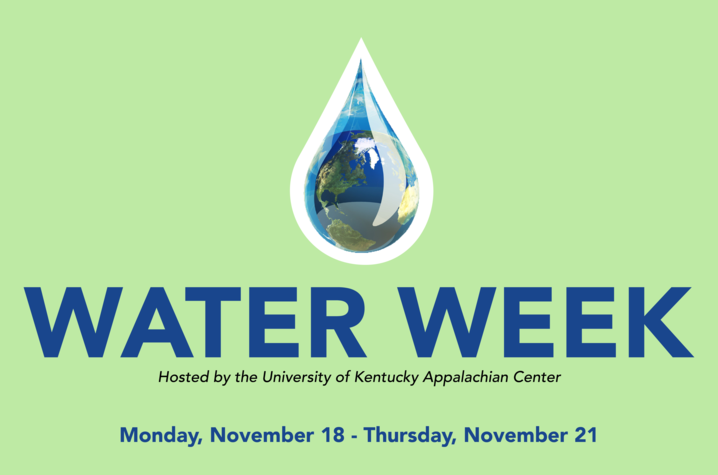A&S Appalachian Center to Host Water Week Nov. 18-21
By Jenny Wells-Hosley

By Jenny Wells-Hosley

This course examines the science of natural hazards such as hurricanes, earthquakes, landslides and floods, and the causes and effects of the natural hazards. It explores the relationships between the science of, and policy toward, such hazards, discusses their predictability, and examines how scientific knowledge influences policy-making.
An anthropological approach to the cultural, political, and economic experiences of people living under state socialism and through its demise. We ask how everyday life and social relations in this region are being affected by emerging market relations and democracy. Reading include ethnographic studies and the works of essayists, fiction writers, and scholars from the region.
A basic introduction to computer-assisted cartography. Emphasis on basic computer graphics literacy and automated techniques for spatial data acquisition, storage, processing, and output. Introduction to current mainframe, workstation, and desktop mapping programs.
Tourism is the world's fastest-growing economic sector, creating and transforming places, regions and broader geographies of travel, movement, and investment. The course will examine concepts, models, and theories in the study of tourism and recreation. Selected themes include major travel flows and patterns; economic, environmental, and socio- cultural impacts; mass vs. "new" (e.g., eco-tourism, adventure tourism, extreme tourism) types of tourism; heritage tourism; marketing; place boosterism; tourism and recreation planning; and the politics of tourism.
This course explores the intertwining of environment, development & sustainability. It analyzes the political economy of environmental destruction (at macro and micro levels) to understand its origins and strategies to prevent it.
A study of this region's diverse physical and human landscapes, emphasizing the historical and contemporary interlinkages between the various states. Contemporory problems of the post-Soviet era (such as environmental degradation, economic and regional restructuring, or the international position of the region) will be studied from a geographical perspective.
A study of the human, economic, and environmental aspects of India, Pakistan, Bangladesh, Himalayan Nepal and Bhutan, and Sri Lanka. Topics include basic physical and cultural regionalisms, land use and population problems, and patterns of economic development involving urbanization, resources, and industrialization.
This course examines some of the major aspects of the society, culture, and economy of Japan. It discusses Japan's human and natural environments; natural hazards and disasters; cultural history and geography; economic and technological developments, their prospects and potentials; challenges to the management of environment and its resources; and Japan's role in global economy.
Major themes revolve around regional diversity and regional development. Major topics examined include physical environmental context, historical development, and economic and population geography. The study region includes the upland areas between southern New York State and central Alabama.